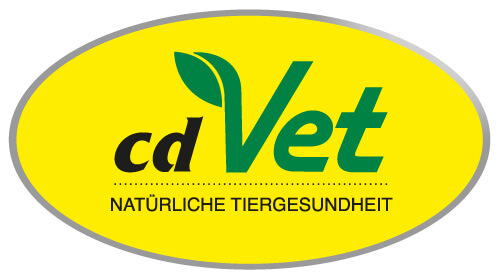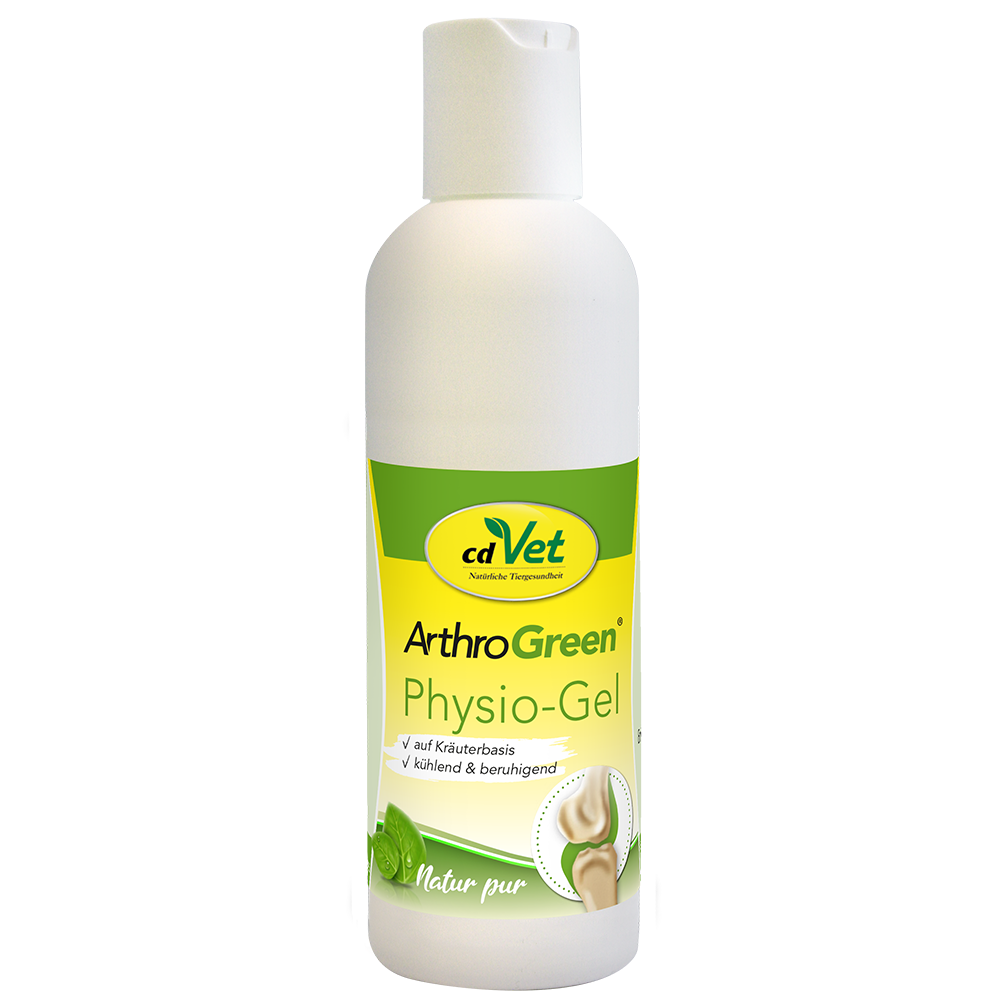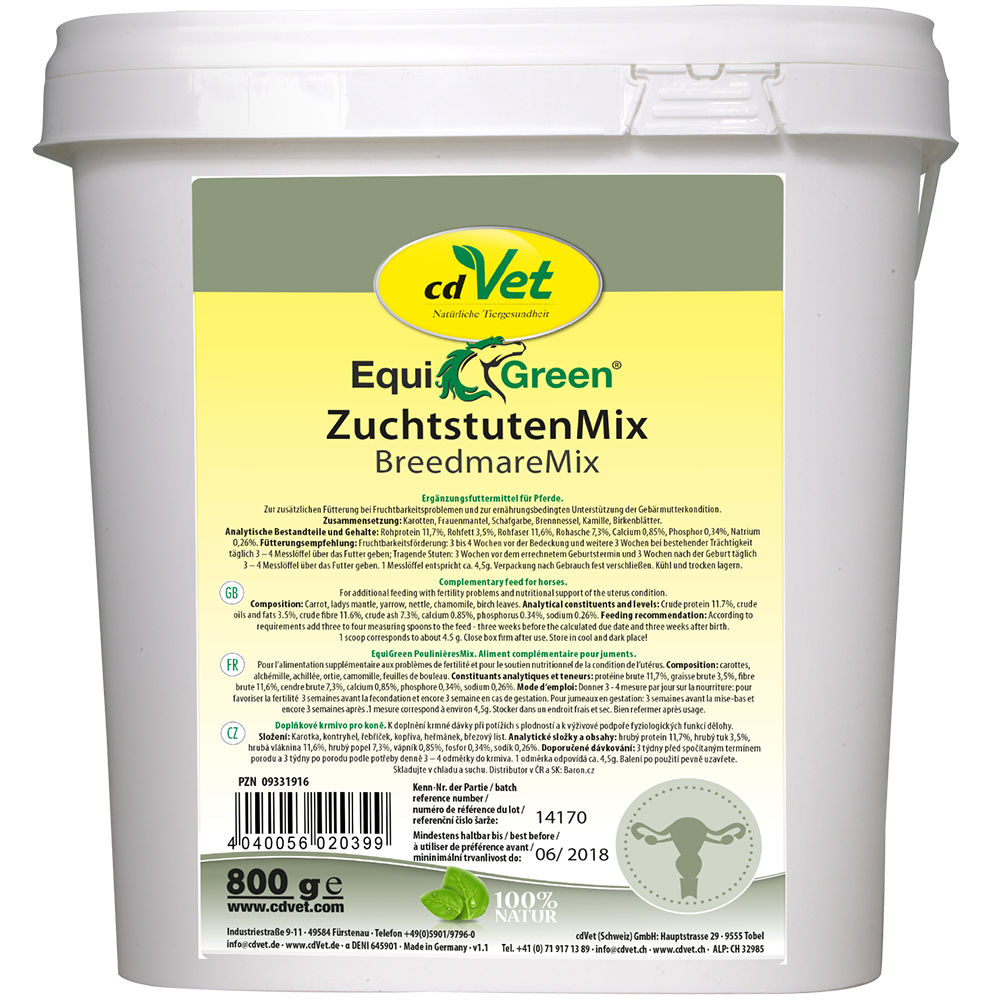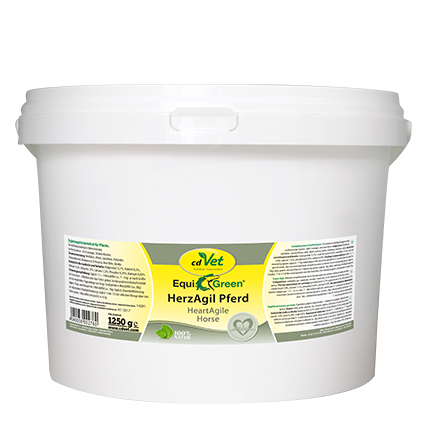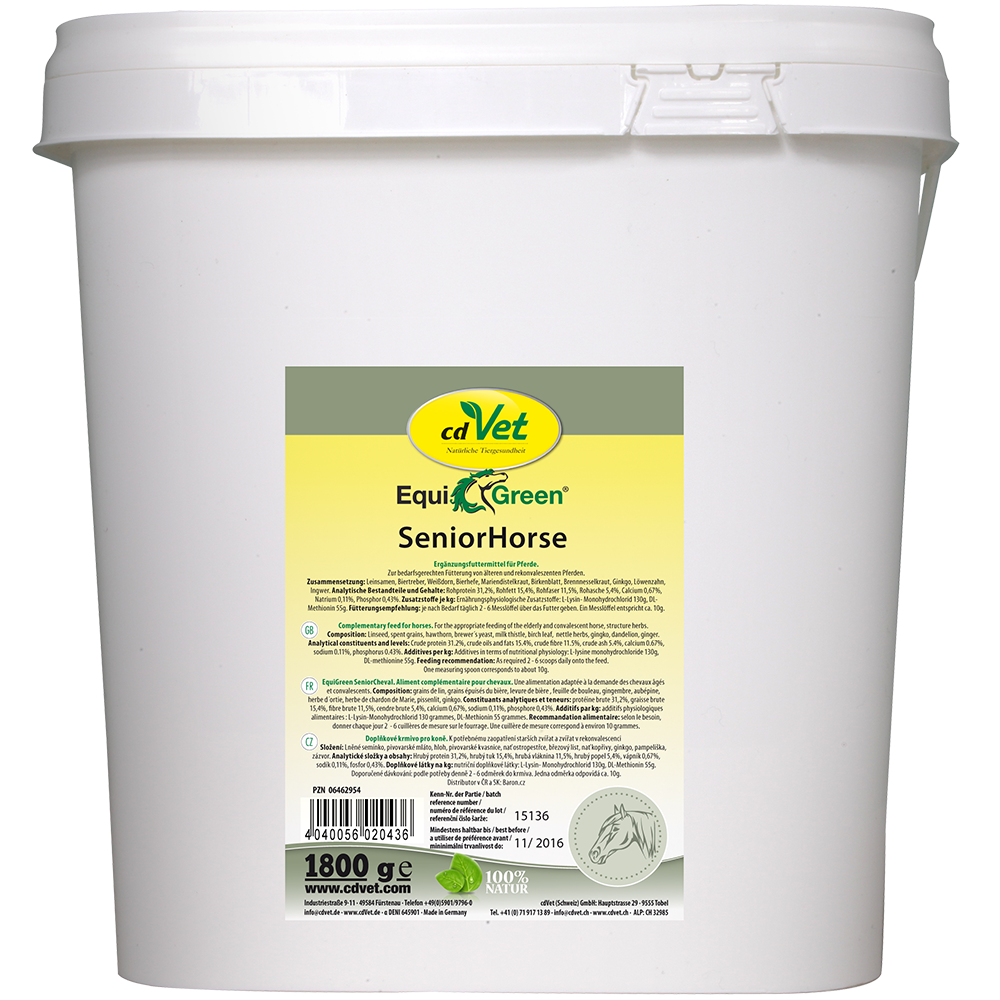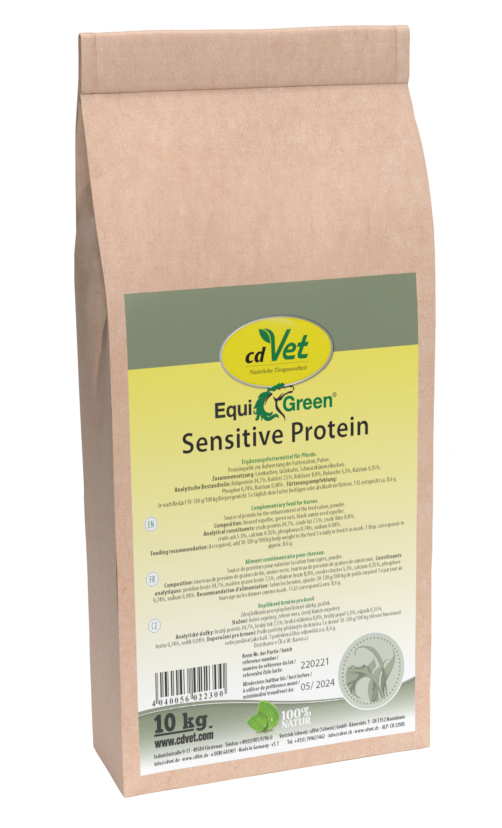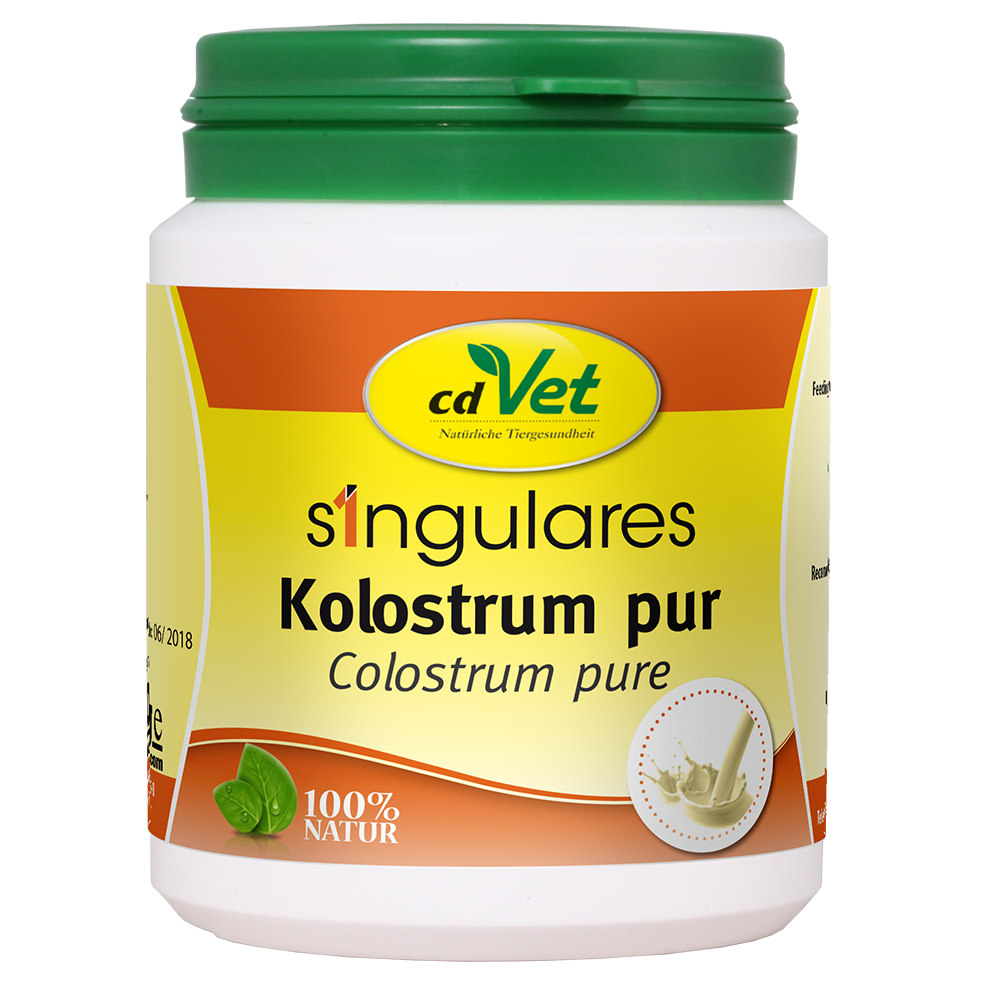From foal to senior
At each stage of life, a horse has special requirements that must be met in order to support their well-being. The right diet is an important point for ensuring the health of the animal. Whether foals, breeding or seniors – cdVet offers the right product for every horse or pony for a needs-based diet.
Yes, foals can drink water while nursing. Although mother's milk is the main part of their diet, foals begin to show interest in and consume water from an early age. The mother mare will often teach her foals how to drink from a water bowl. It is important to ensure that fresh, clean water is constantly available to help foals stay hydrated, especially as they begin to eat more solid feed. Water intake is a natural part of development and contributes to foals' health and well-being.
Foals usually start eating solid food, in addition to their mother's milk, from the second month of life. However, this timing can vary individually, depending on the foal's development and other factors. The transition to solid food is gradual, starting with small amounts of easily digestible food, such as specially formulated foal food or porridge. The mother mare often helps by showing the foal how to eat solid food. It is important to carefully monitor foals during this transition and ensure that their diet is optimally tailored to their needs.
The length of the nursing period, i.e. how long a foal drinks mother's milk, varies but is generally about six months to a year. However, most foals begin eating solid food from just a few weeks of age while continuing to drink mother's milk. The time of weaning, i.e. separation from the mother, is often in the range of 4 to 6 months, but individual circumstances, the foal's development and specific breeding goals can affect this time period. A balanced diet and a gradual transition to solid food play an important role in ensuring that the foal is adequately cared for during the weaning process.
The optimal time for weaning, i.e. separating the foal from the mother mare, varies and depends on various factors. However, weaning usually takes place at around 4 to 6 months of age. This time allows the foal to benefit sufficiently from the mother's milk while learning social skills from the mother. Gradual weaning can minimize stress for both animals. It is important to consider individual circumstances, the well-being of the mare and foal, and the intended use when determining the best time for weaning.
A mare's sexual maturity usually occurs around 18 months of age, but can vary individually. This timing is often associated with the onset of estrus, the mare's natural reproductive cycle. It is important to note that sexual maturity does not equate to optimal breeding maturity. Many experts recommend waiting to breed until the mare is physically and mentally mature, which usually occurs around three years of age. Individual assessment and veterinary advice are crucial in making the best decisions for the mare's health and well-being.
